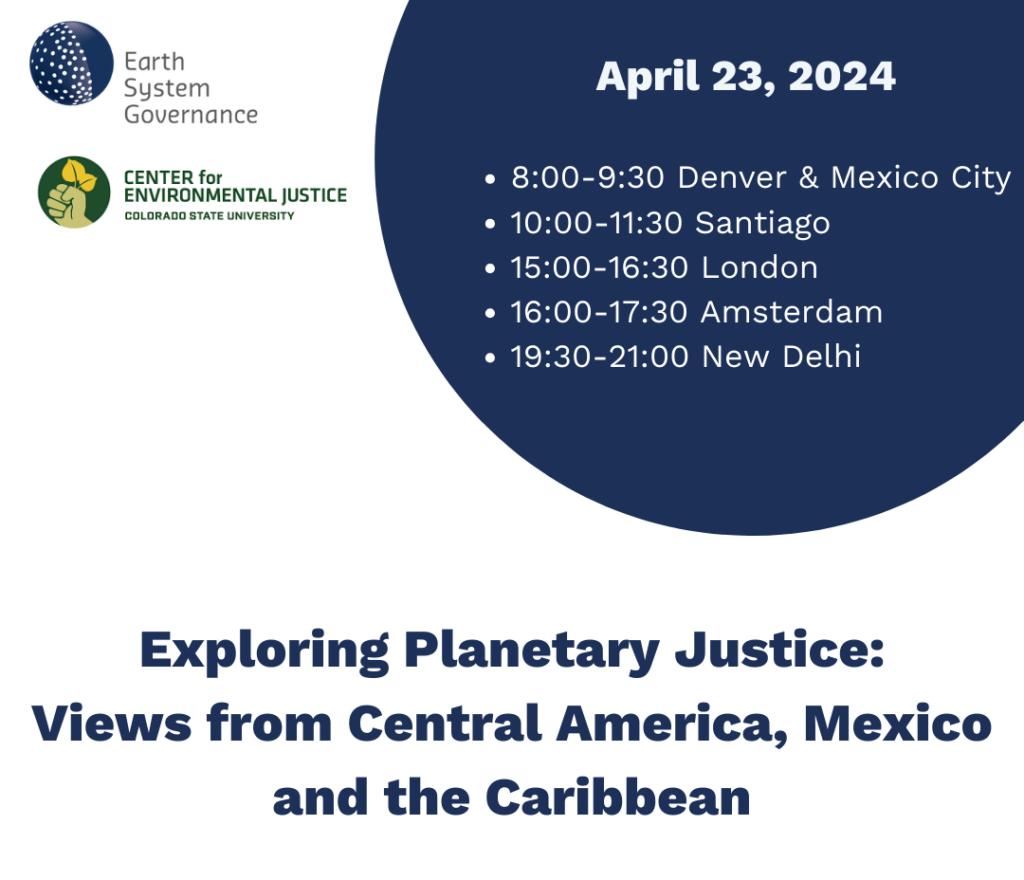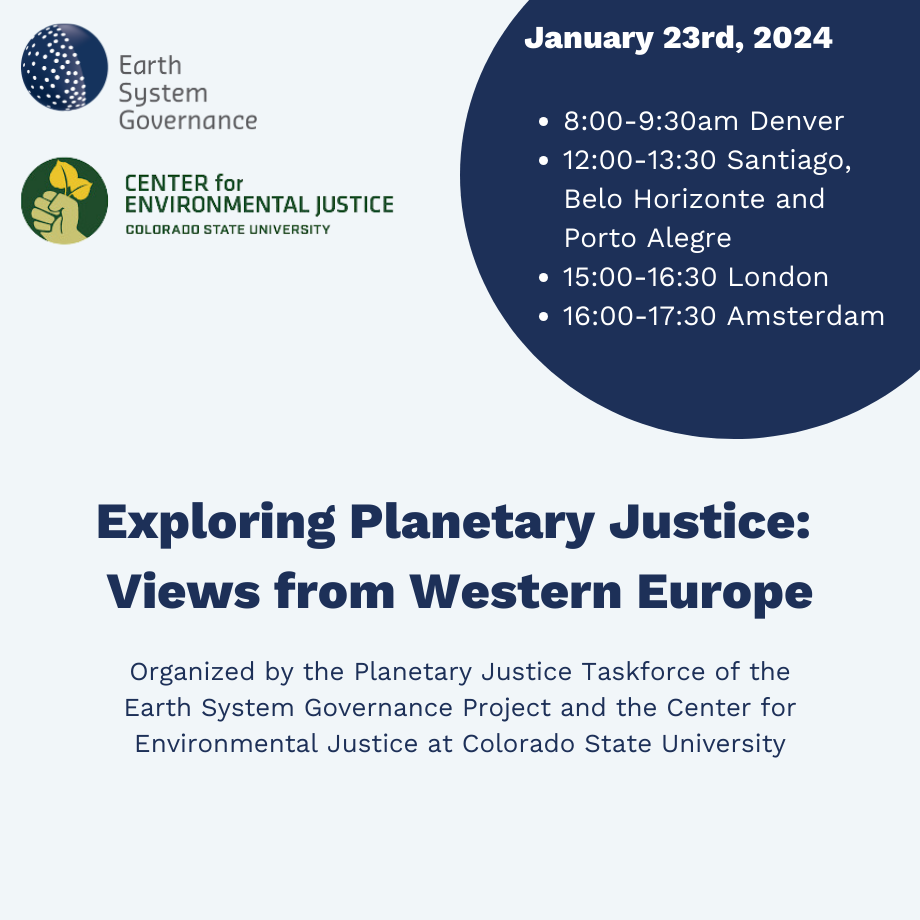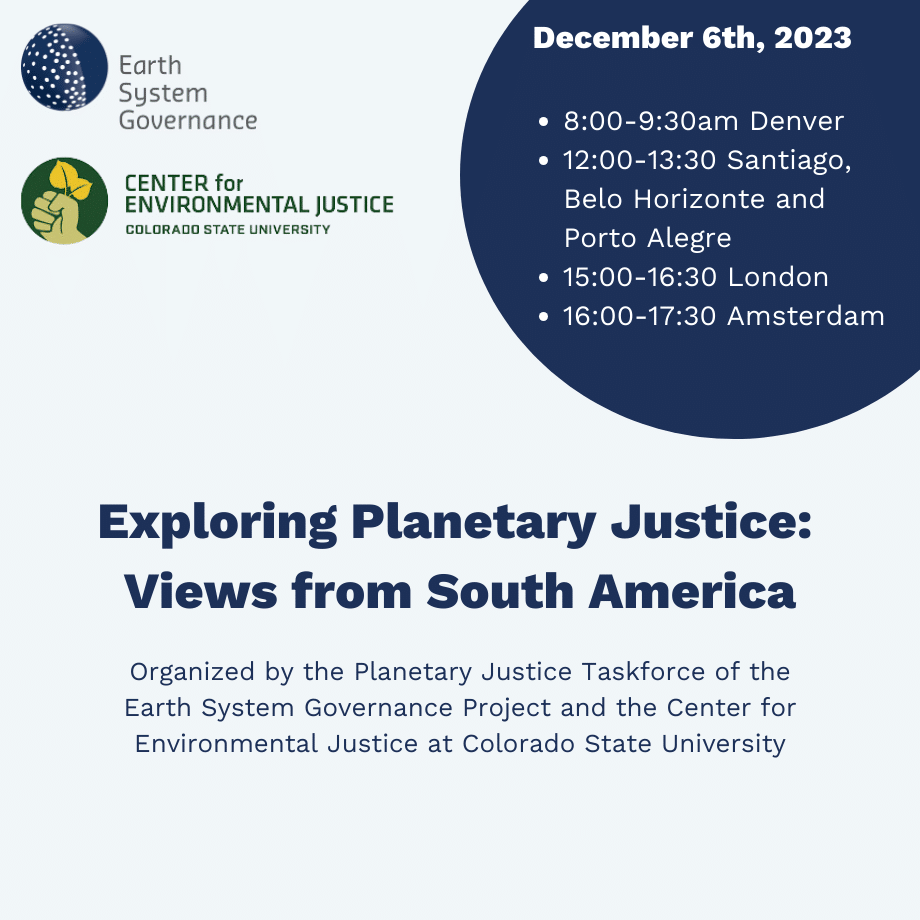The German Development Institute / Deutsches Institut für Entwicklungspolitik (DIE) and the Environmental Policy Research Centre (FFU), Freie Universität Berlin, invite proposals for papers for the 2016 Berlin Conference on Global Environmental Change: Transformative Global Climate Governance “après Paris”.
In December 2015, governments convene in Paris to deliver a new global agreement on international climate policy. Expectations vary from outright skepticism to ambitious optimism: While providing a basis to limit global warming to a maximum of 2°C remains a long shot, a reenactment of the 2009 Copenhagen Climate Summit, which has been widely perceived as a failure, seems also unlikely. In any case, Paris will mark a watershed in international climate politics. The prospective Paris Agreement is likely to entail a reconfiguration of the institutional landscape of global climate governance and substantive new priorities.
Conference themes
As pertinent questions revolving around global climate governance are here to stay, this conference invites scholars and practitioners to refocus their quest for answers in the light of the continuity and change that Paris will bring. It also aims to discuss international climate policy and, indeed, politics in the larger context of global governance and the challenges of a transformation towards sustainable development in a turbulent world. In the course of two days, participants will have the opportunity to put the Paris outcomes in perspective with a view to five overarching and interrelated themes:
1. Transformation: pursuit of strategies to realize sustainable development globally, by going beyond “greening” business as usual and by a corresponding redistribution of relevant resources;
2. Global Justice: provision of fairness and equity across temporal and spatial dimensions, particularly regarding greenhouse gas emissions, natural resources and finance;
3. Coherence: understanding and managing trade-offs between climate policy, sustainable development, economic policies, transformative dynamics and the accompanying institutional complexities;
4. Multilevel Capacity: harnessing global, transnational, regional, national and subnational capacities and contributions to avoid unmanageable global warming (i.e. mitigation) as well as responses to unavoidable climate change impacts (i.e. adaptation; loss & damage).
5. Framing: identifying risks and opportunities for linking frameworks, discourses and institutions of climate governance with other global issues such as security, migration, trade, food security or land use.
The conference provides a space for the timely discussion of interdisciplinary transformation research that builds on institutionalist scholarship, social and cultural sciences, policy analysis, political philosophy as well as political economy approaches to climate governance. It seeks to facilitate exchange and to enhance transformative literacy.
Climate governance sits at the very centre of wider and primarily normative debates about a global transformation towards sustainability. As there is no “one size fits all” blueprint for transformative governance, different options for strategic planning and innovation, changing technological pathways and social behaviour, ensuring reflexivity, organizing participation, etc. need to be identified and explored, employing different disciplinary as well as regional perspectives. Empirically, we expect transformative climate governance to provide the middle ground for “top-down” centralized strategic and long term planning and a multitude of “bottom up” initiatives that further decentralized and competitive incrementalism.
The outcomes of the Paris Climate Change Conference will provide fresh momentum to global climate governance, one way or the other. Interpreting the details of a prospective Paris Agreement, its further development and its implementation will require commensurate transformation research. So will the development of effective and just governance mechanisms beyond the UN climate regime. While the scope and objectives of a climate-smart and just transformation may seem straightforward, transformative pathways will inevitably be diverse, complex and non-linear and are likely to unfold on different temporal and spatial scales.
Paper submission
We thus invite paper proposals that address one or several of the above mentioned themes. Paper proposals should consist of an abstract of 300 words that outlines the research question and approach as well as its relevance for transformative global climate governance. Proposals should be submitted through the conference homepage www.berlinconference.org/2016 by 30 October 2015 and will be reviewed by an international review panel. Notification of acceptance will be given by 1 February 2016. Full papers are due by 6 May 2016.
Timeline
Submission of Abstracts (extended deadline): 16 November 2015
Notification of Acceptance: 1 February 2016
Submission of Papers: 6 May 2016
Conference: 23-24 May 2016
The conference is organized by the German Development Institute / Deutsches Institut für Entwicklungspolitik (DIE) and the Environmental Policy Research Centre (FFU), Freie Universität Berlin, with support by the The Federal Ministry for Economic Cooperation and Development (BMZ). The conference is endorsed by the Earth System Governance Project, Galvanizing the Groundswell of Climate Governance, LIAISE, and the Environmental Policy and Global Change Working Group of the German Association for Political Science (DVPW).



